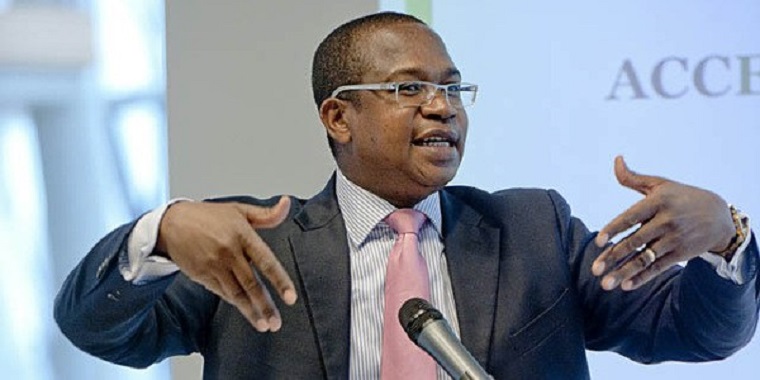HON. PROF. M. NCUBE: First of all, the Hon. Member was very clear about what strategies the Government has in dealing with poverty. That one is a social protection question and Government has a robust programme for dealing with social protection programmes. It starts with the issue of providing grain to those who are vulnerable. We have a clear programme and this was articulated clearly by the Minister of Public Service, Labour and Social Welfare.
We also have cash transfer programmes that we have been running for years. We also have programmes for supporting the elderly, the disabled and so forth. By the way, I must also remind this august House that the Pfumvudza/Intwasa Programme is also a social protection programme that protects the vulnerable. We give inputs, fertilizers, seed and we support them. The programme has been very successful; it is supporting about two million households in our rural city.
THE HON. SPEAKER: Order, order! Hon. Murai, you will get your chance to ask your supplementary question, I can see you are burning but wait until the Hon. Minister finishes.
HON. PROF. M. NCUBE: Thank you Madam Speaker. That was the first question I was dealing with because there were two questions. The second one is on strategies for increasing salaries. These are very clear. We have pursued largely a two pronged strategy for salaries only, the monetary benefits. We have a ZWL component and we have a USD component. We introduced the USD component in order to manage the inflationary pressures that civil servants are facing. The first thing we did was to introduce the USD75 amount as part of the COVID-19 risk allowance measures and then we added USD100 per person. I suspect the Hon. Member who asked the question is a beneficiary of both the USD75 and USD100, which is a strategy that we have implemented.
As I speak, we are seized with discussions with the leaders of the civil service in terms of the union to agree on a new package. We are working hard on it and we should be able to conclude in the next few weeks and Hon. Members of this august will also be beneficiaries of those discussions. I thank you Madam Speaker.
HON. CHIKWINYA: In my supplementary question, I was very clear Madam Chair and I said Government departments, across all departments are pegging their fees in USD and allowing payment of RTGs at the prevailing rate. Why does the Minister not allow pegging of salaries for civil servants in USD and pay at prevailing RTGs rate? He did not answer that question. Thank you.
HON. PROF. M. NCUBE: Madam Speaker Ma’am, that is a proposal that I now remember he has just put on the table. He has proposed that we should peg salaries of civil servants in USD. We are not ready to do that. Our accounting currency is ZWL. We peg the budget in this House in ZWL. Thank you.
HON. T. MLISWA: My point of order is from a practical point of view where inflation is real. The exchange rate has gone up and the question is disposable income. How can the Minister guarantee that with the prices going up and inflation, the money that the civil servants and all of us are being paid here will be able to have value when there is no increase in salaries? I am saying things are going up but workers are not paid enough according to the percentage of the prices that are going up. How can people survive with that little when things are going up? We should feel for our people and we should not walk out of this House as if all things are rosy. What is the Minister doing to factor in the percentage of inflation on the salaries that are paid to the workers so that their money has value? It is not about the ZWL because we need it but the salaries should catch up with the hike in prices. Thank you.
Continued next page
(580 VIEWS)


